20 Biopics That Stirred Controversy Over What’s True (and What’s Not)
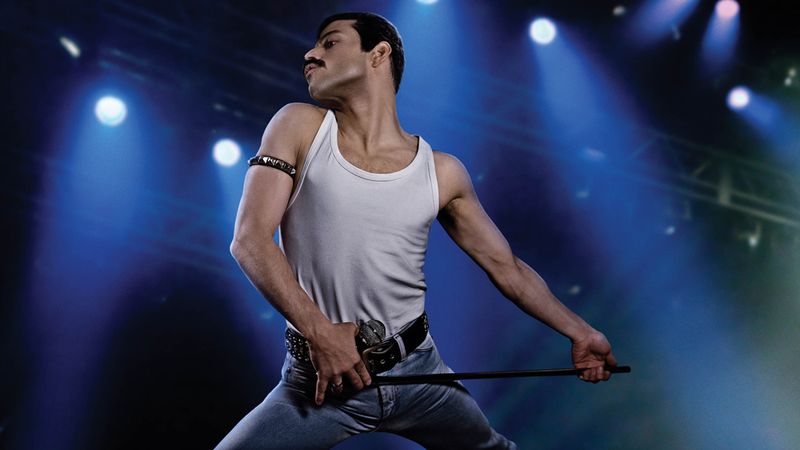
Biopics are meant to bring real-life stories to the screen with emotional depth, insight, and truth. But in Hollywood, truth often takes a backseat to drama. Directors and screenwriters frequently twist timelines, invent events, or exaggerate characters in the name of entertainment. While some creative license is expected, the following 20 biopics go far beyond subtle embellishments. These films got so many things wrong that they risk misleading entire generations about historical figures. Whether it’s sugarcoating flaws or inventing completely fictional relationships, these biopics prove that just because a movie is “based on a true story” doesn’t mean it tells the truth.
1. Bohemian Rhapsody (2018)
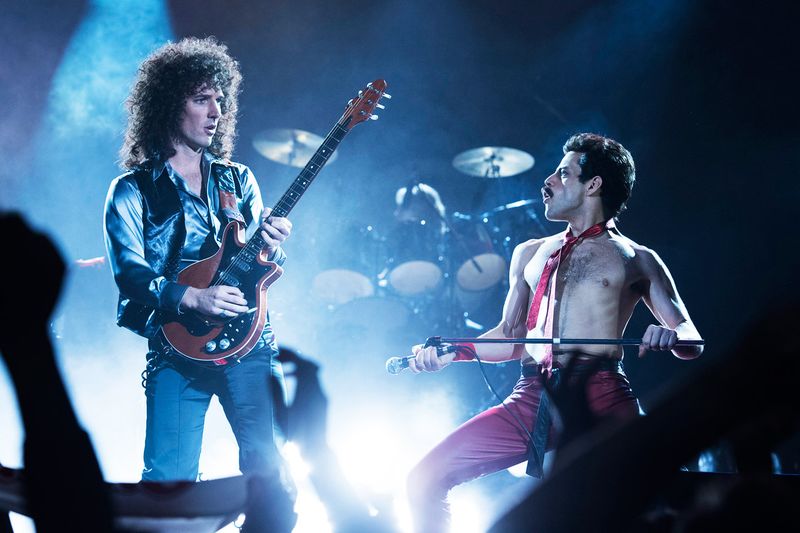
Despite Rami Malek’s Oscar-winning performance, this Queen biopic hit a sour note when it came to the facts. The film rearranged the band’s timeline to make Freddie Mercury’s HIV diagnosis a dramatic climax before Live Aid, even though he wasn’t diagnosed until years later.
It also portrayed Mercury as a lonely outcast who broke up the band—something that never actually happened. Queen never disbanded, and the members remained close throughout Mercury’s life. Fans looking for a truthful portrayal of the legendary singer were left with more fiction than fact.
2. The Imitation Game (2014)
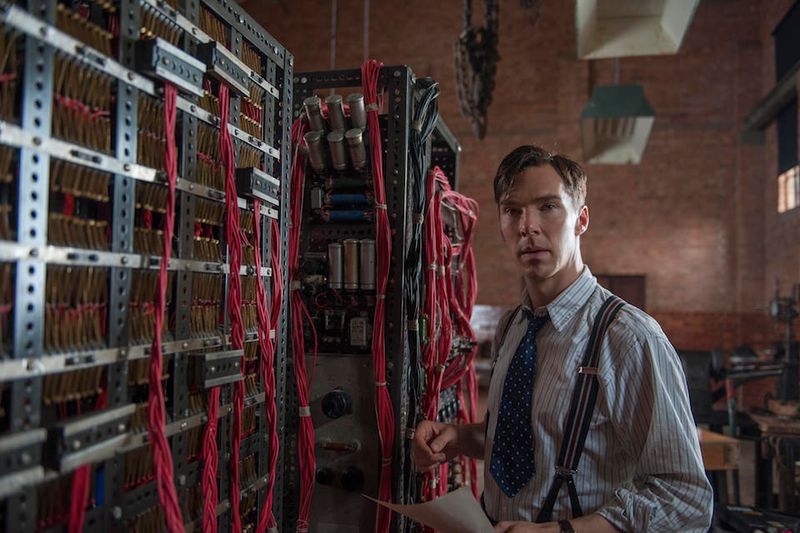
This film painted Alan Turing as a socially inept, emotionally cold genius—traits not well-supported by historical accounts. Turing was eccentric, yes, but not the robotic loner the movie suggests.
The plot also ignored key collaborators at Bletchley Park and created entirely fictional relationships and workplace tensions. While the film helped raise awareness of Turing’s tragic end and legacy, it sacrificed factual accuracy for dramatic effect. Historians and Turing’s family were vocal about the misleading depiction.
3. Braveheart (1995)
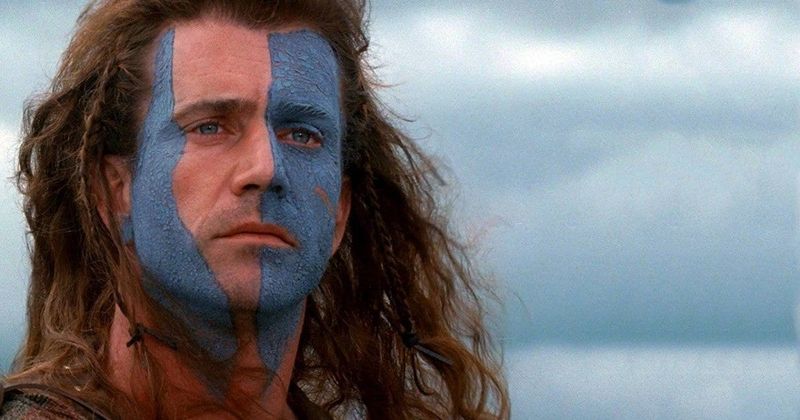
Mel Gibson’s epic about Scottish freedom fighter William Wallace is legendary for its sweeping battles—and its disregard for historical truth. From costumes to character ages, nearly every detail is wrong.
Wallace never wore a kilt, and the romantic subplot with Princess Isabella was pure invention—she would’ve been a child when Wallace died. The film’s portrayal of Robert the Bruce as a betrayer also misrepresents one of Scotland’s national heroes. Entertainment? Absolutely. Accurate? Not even close.
4. Pocahontas (1995)
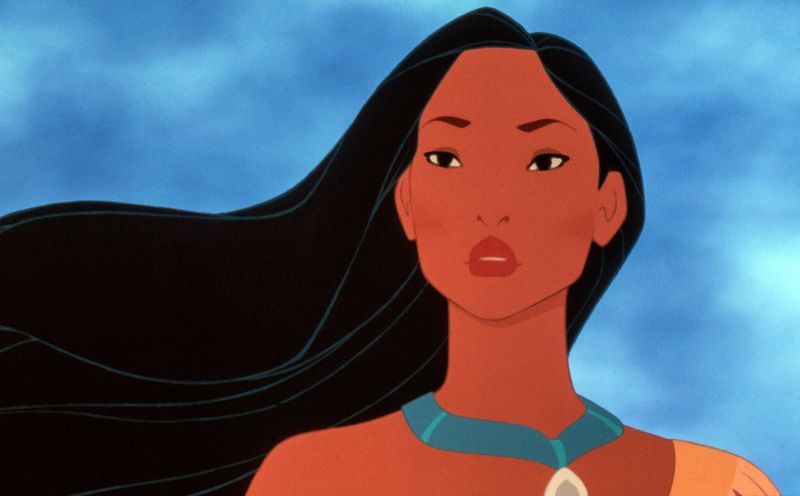
Disney’s version of Pocahontas is a romantic fantasy that glosses over the darker realities of colonial history. The real Pocahontas was around 11 or 12 when she met John Smith—making the love story highly inappropriate and historically inaccurate.
The film also minimizes the violence and exploitation that came with English colonization. While it’s beautifully animated and well-meaning, the movie turns a tragic, complex history into a sanitized children’s tale. This portrayal leaves out the harsh truths that deserve to be remembered.
5. The Blind Side (2009)
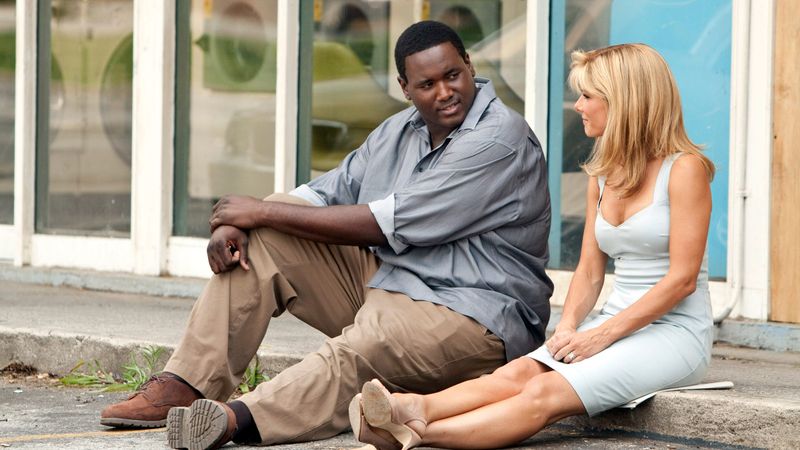
Sandra Bullock may have won an Oscar for her performance, but the film left Michael Oher’s real story on the sidelines. It depicted him as slow, passive, and in desperate need of rescue—a narrative Oher has openly criticized.
In reality, Oher was already a skilled athlete with academic ambitions. The movie also simplifies racial and class issues, creating a white savior narrative that many find troubling. Oher’s discomfort with how he was portrayed makes this biopic a clear miss in the accuracy department.
6. Green Book (2018)
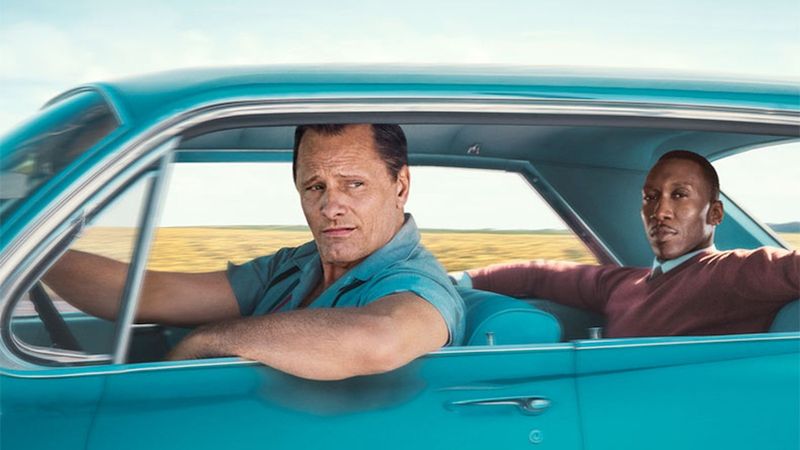
While the movie won Best Picture, Don Shirley’s family was quick to denounce its portrayal of the famous pianist and his relationship with driver Tony Lip. The film depicts the two as close friends, but Shirley’s relatives insist they were never that intimate.
It also downplays Shirley’s professional stature and overemphasizes Lip’s role in helping him confront racism. Critics argue that “Green Book” centers the white character’s redemption arc at the expense of Shirley’s complexity. For a movie about race and humanity, the historical oversights were glaring.
7. Patch Adams (1998)
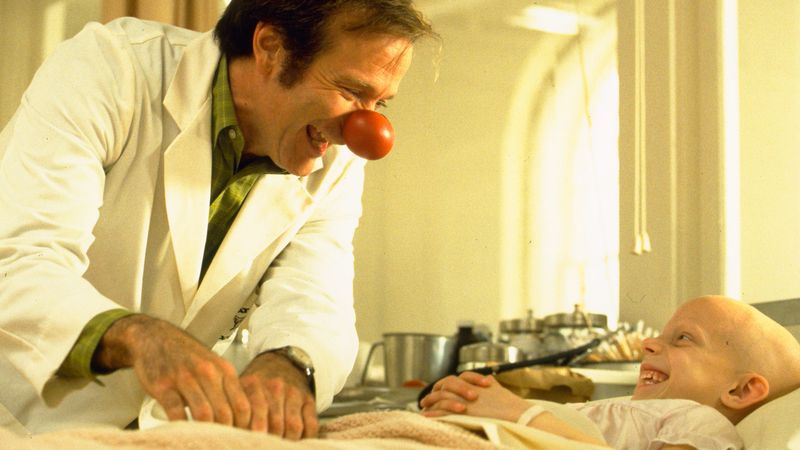
Audiences laughed and cried with Robin Williams’ portrayal of the quirky, heart-on-his-sleeve doctor, but the real Patch Adams wasn’t laughing. He called the movie shallow and accused it of distorting both his mission and personality.
The real Dr. Adams emphasized systemic reform in healthcare, not just clowning around to make patients smile. The film also invents a romantic subplot and a tragic death for emotional effect. What could’ve been a thoughtful look at holistic care turned into a feel-good Hollywood formula.
8. Cinderella Man (2005)
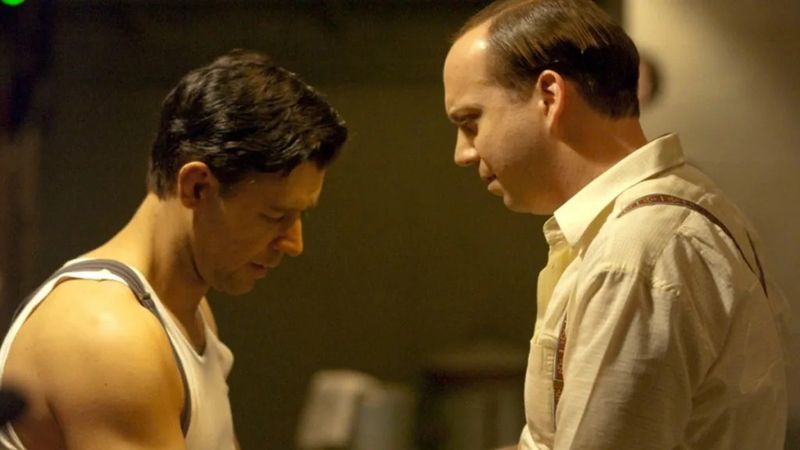
James J. Braddock’s Depression-era comeback story is compelling, but the film chose to manufacture a villain in Max Baer to heighten the drama. Baer is portrayed as arrogant and cruel, but in reality, he was devastated by the death of a fighter he unintentionally killed.
Braddock’s journey was inspiring enough without turning Baer into a cartoonish antagonist. The real Baer was known for his generosity and charm. By misrepresenting him so dramatically, the film undermines its own credibility.
9. The Greatest Showman (2017)
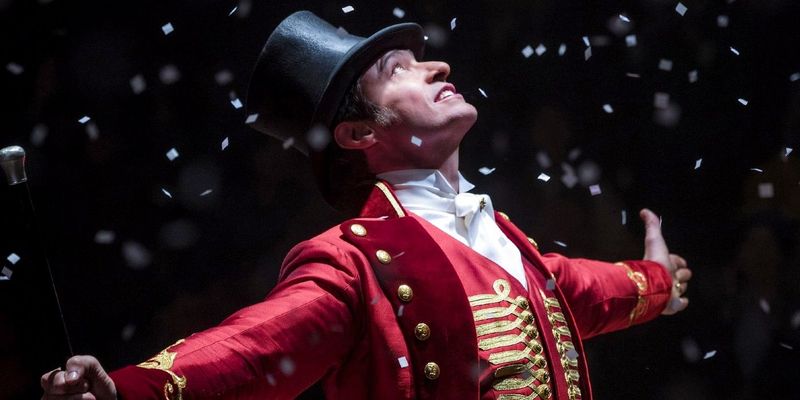
Hugh Jackman dazzled audiences with musical numbers, but the film’s portrayal of P.T. Barnum as a champion of diversity and acceptance is far from the truth. Barnum actually exploited people with disabilities and people of color for profit.
Historical records show he purchased an elderly enslaved woman and exhibited her as George Washington’s nurse. The film conveniently skips over this and paints Barnum as a trailblazer for inclusion. That’s more fiction than fact, wrapped in catchy tunes and colorful spectacle.
10. Alexander (2004)
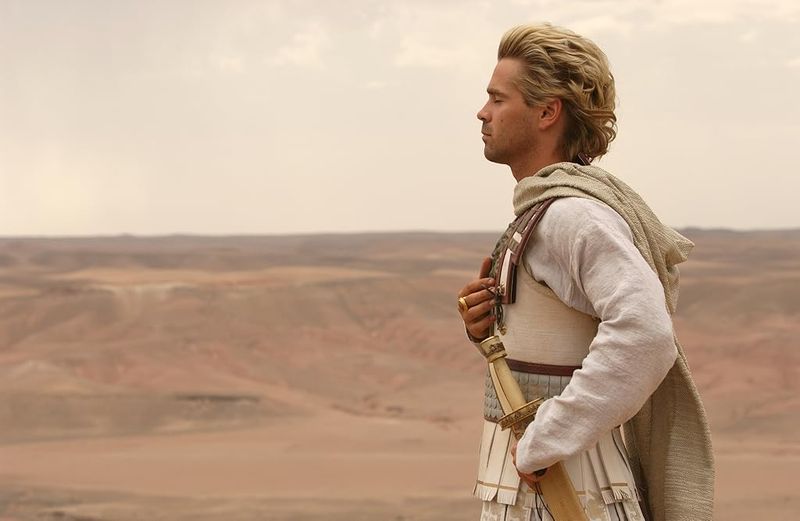
Oliver Stone’s take on Alexander the Great is muddled, disjointed, and riddled with errors. The film jumps around historically, downplays significant events, and exaggerates others—like Alexander’s bisexuality, which is portrayed more ambiguously than necessary.
Major figures like Darius III and Hephaestion are underdeveloped or inaccurately presented. The pacing and storytelling make it difficult to follow the true sequence of Alexander’s conquests. Despite its ambition, the film fails to capture the complexities of one of history’s most fascinating figures.
11. A Beautiful Mind (2001)

John Nash’s brilliance and battle with schizophrenia made for a moving story, but the film cut many corners with the truth. It left out critical aspects of his life, including his divorce, his child from a previous relationship, and important periods of instability.
The movie also sanitized his struggles, omitting his bisexual affairs and the more disturbing symptoms of his illness. While Russell Crowe’s performance was compelling, the film opted for a romanticized arc rather than a faithful portrayal. It presented mental illness in a palatable way, but at the cost of authenticity.
12. Amadeus (1984)
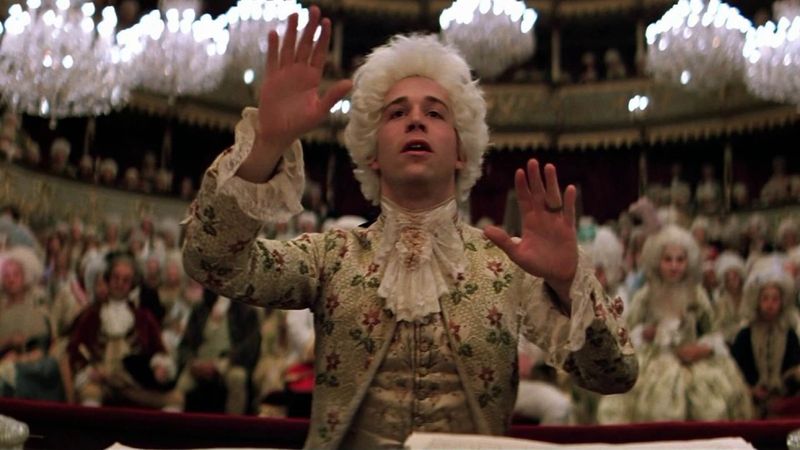
This Oscar-winning masterpiece is captivating, but it takes huge liberties with Mozart’s story. The rivalry between Salieri and Mozart, the film’s central tension, is largely fictional—there’s no evidence Salieri plotted against him or resented his talent.
Mozart’s death remains mysterious, but the movie suggests Salieri played a hand in it, a claim historians widely dispute. In reality, the two composers respected each other professionally. While the film succeeded as drama, it failed as biography by leaning too heavily into theatrical mythmaking.
13. Coco Chanel (Coco Before Chanel, 2009)
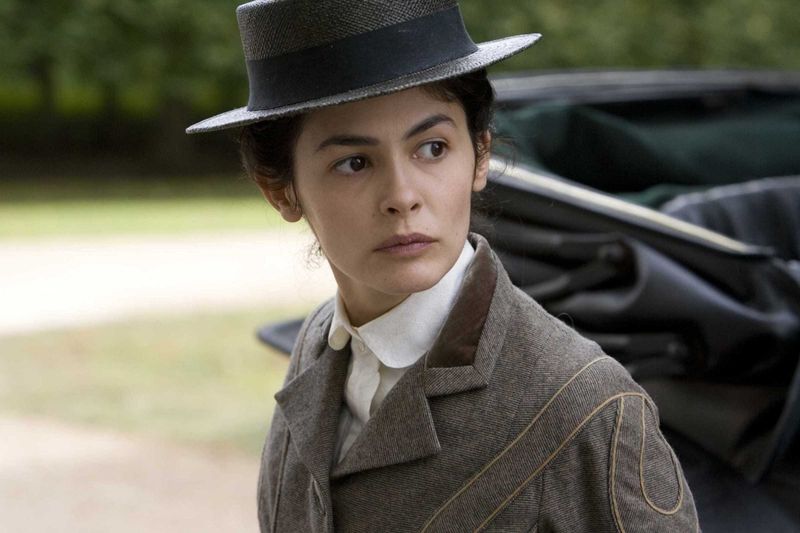
Audrey Tautou delivered a poised performance, but the film skips over the most controversial part of Chanel’s life—her involvement with the Nazis. During World War II, she reportedly acted as a German intelligence operative and used the Nazi regime to try to regain control of her perfume empire.
The film, however, chooses to focus only on her fashion journey and her early relationships. While that narrative is empowering on the surface, it conveniently omits darker realities that are essential to understanding her legacy in full.
14. American Sniper (2014)
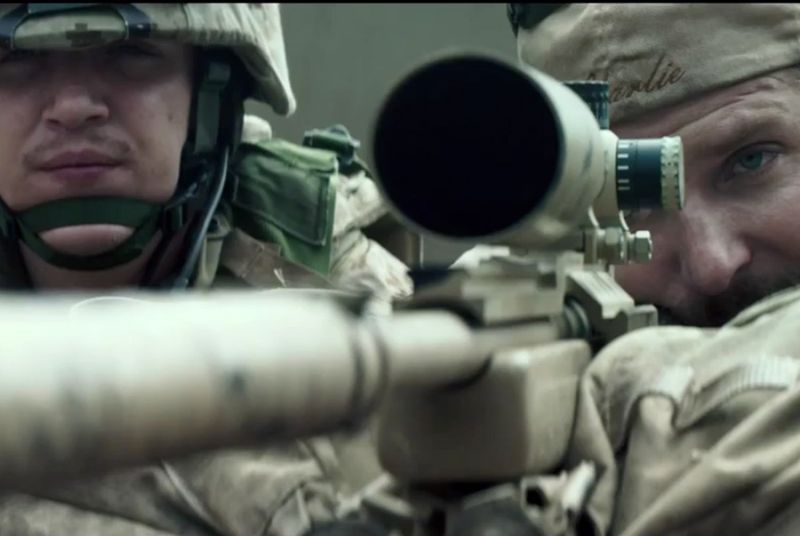
Chris Kyle’s story was already polarizing, and the film amplified that by presenting a simplified version of his experiences. It portrays Kyle as a reluctant hero haunted by war, but glosses over his controversial statements and the exaggerations in his memoir.
Many of Kyle’s confirmed kills and anecdotes were disputed, but the film doesn’t question his narrative. It also depicts Iraqis in one-dimensional ways, drawing criticism for dehumanizing portrayals. The real story is more complicated than the movie suggests—less black and white, and far more nuanced.
15. The Hurricane (1999)
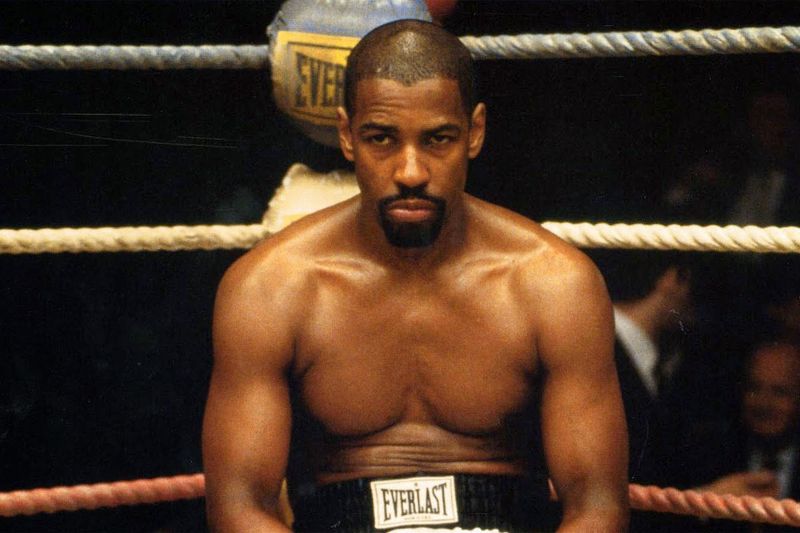
Denzel Washington gave a powerful performance as Rubin “Hurricane” Carter, but the script bends the facts. It portrays Carter’s conviction as purely racially motivated, ignoring some of the actual evidence used in the trial.
The timeline is also altered, and key figures were fictionalized or combined. While Carter’s eventual release was a triumph of justice, the film turns a complex legal battle into a straightforward underdog story. It simplifies the truth so much that it borders on misleading.
16. Walk the Line (2005)

Johnny Cash’s turbulent rise is condensed into a neat redemption story, but the film cuts corners. It downplays the importance of his first wife, Vivien Liberto, portraying her as an obstacle rather than a partner in his early life.
The film also sanitizes Cash’s darker moments—drug use, infidelity, and emotional volatility—focusing instead on his love story with June Carter. While that romance was real and lasting, the portrayal makes his life look more like a fairy tale than the gritty, flawed reality it truly was.
17. Evita (1996)
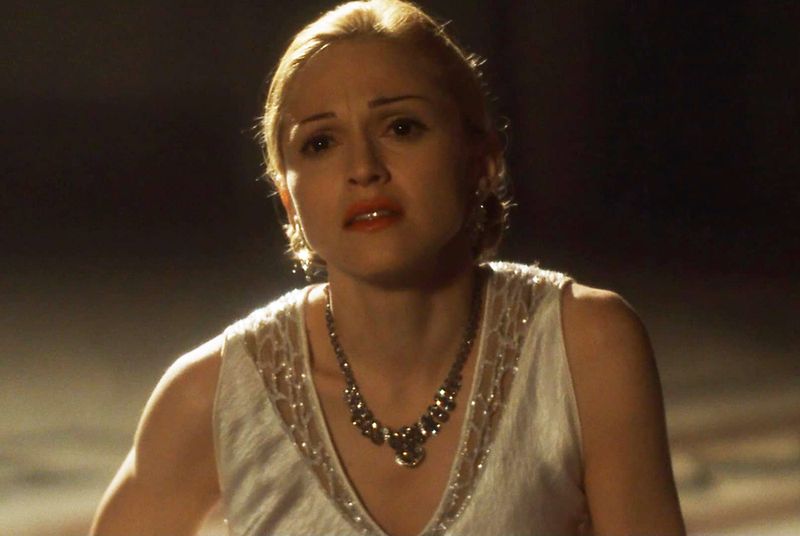
Madonna dazzled in the role of Eva Perón, but the musical skips many of her more controversial political moves. Evita is shown as a champion of the poor and a beloved figure, with little attention to her authoritarian leanings or the repression under her husband’s regime.
It also omits her role in Argentina’s propaganda machine and her questionable accumulation of wealth. Though the film is visually striking and emotionally charged, it offers a sanitized version of one of history’s most polarizing women.
18. Jobs (2013)
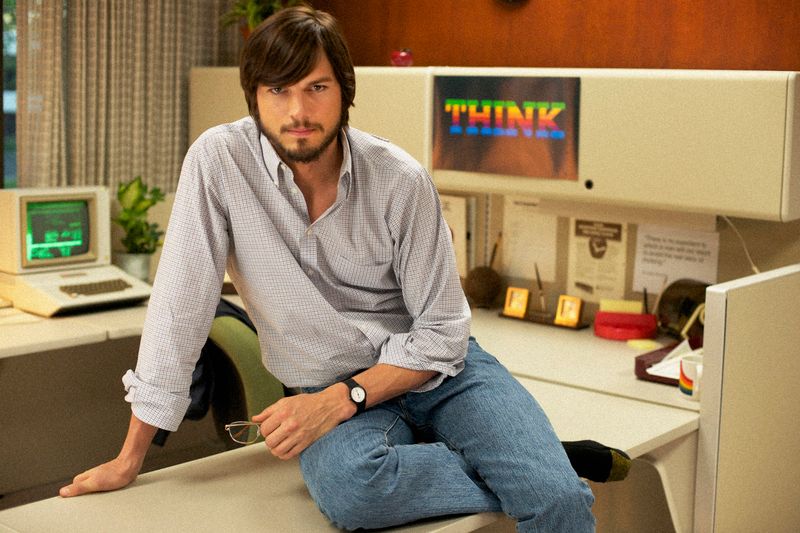
Ashton Kutcher’s portrayal of Steve Jobs emphasizes charisma and vision but misses the mark on accuracy. The film overdramatizes some of Jobs’ achievements while neglecting his failures and toxic leadership style.
It also skips over key moments in Apple’s early history and underrepresents the contributions of other team members like Steve Wozniak. Jobs was known for being both a genius and difficult to work with—the film opts to idolize rather than interrogate. It’s more tech folklore than biography.
19. The Social Network (2010)

This gripping drama about Facebook’s creation focuses on betrayal and ambition but strays from the real story. Mark Zuckerberg has repeatedly stated that the movie dramatized conflicts, especially with Eduardo Saverin and the Winklevoss twins.
The film presents Zuckerberg as socially cold and motivated by romantic rejection—elements that have little basis in fact. It also paints a skewed picture of Facebook’s early culture. While Aaron Sorkin’s script makes for great cinema, it’s a loose interpretation of events at best.
20. Spencer (2021)
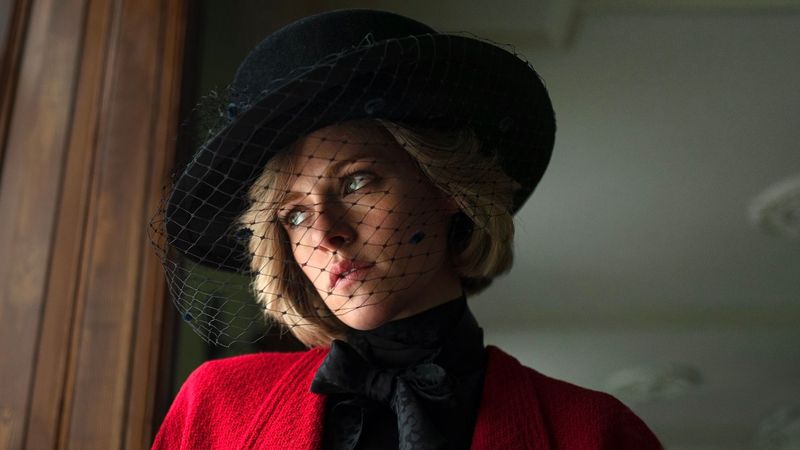
With a haunting performance by Kristen Stewart, this film explores Princess Diana’s emotional unraveling over one Christmas holiday. But it’s not based on specific events—it’s more a “fable from a true tragedy,” as the filmmakers describe it.
While it captures the mood of Diana’s final years, the story is full of imagined moments, like conversations with ghosts and symbolic escapes. It’s a stylized psychological portrait, not a factual biopic. Viewers looking for accuracy will find more metaphor than history.

Comments
Loading…